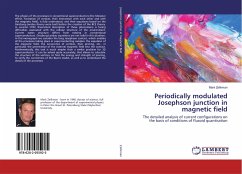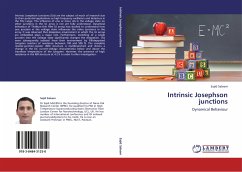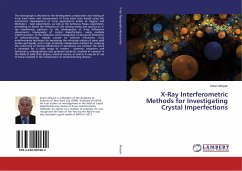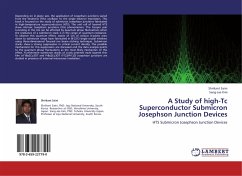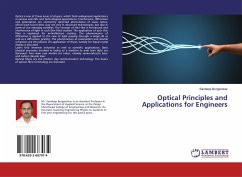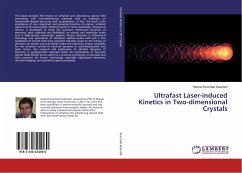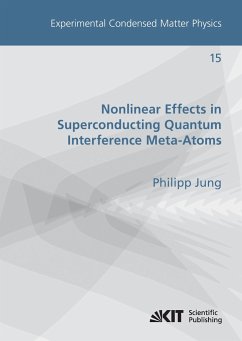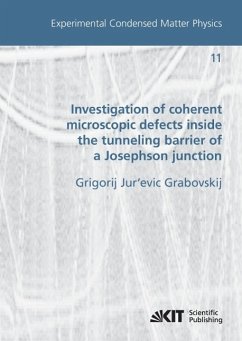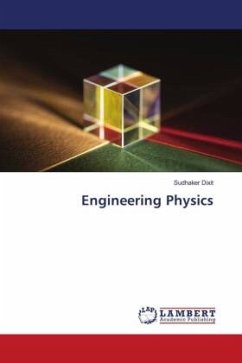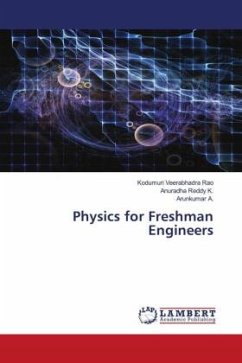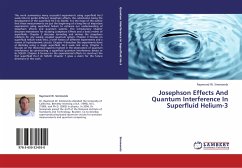
Josephson Effects And Quantum Interference In Superfluid Helium-3
Versandkostenfrei!
Versandfertig in 6-10 Tagen
58,99 €
inkl. MwSt.

PAYBACK Punkte
29 °P sammeln!
This work summarizes many successful experiments using superfluid He-3 weak links to probe different Josephson effects, the culmination being the development of the superfluid He-3 dc SQUID. It is the hope of the author that these measurements are just the beginning of a long line of important experiments using superfluid helium to enhance our understanding of Josephson effects and quantum systems. The introductory chapter discusses motivations for studying Josephson Effects and a basic review of superfluids. Chapter 2 discusses tunneling and derives the Josephson relations for any weakly coup...
This work summarizes many successful experiments using superfluid He-3 weak links to probe different Josephson effects, the culmination being the development of the superfluid He-3 dc SQUID. It is the hope of the author that these measurements are just the beginning of a long line of important experiments using superfluid helium to enhance our understanding of Josephson effects and quantum systems. The introductory chapter discusses motivations for studying Josephson Effects and a basic review of superfluids. Chapter 2 discusses tunneling and derives the Josephson relations for any weakly coupled quantum system. Chapter 3 focuses on superfluid helium weak links, a brief history of different experiments and a review of hydrodynamic circuits. Chapter 4 describes the experiments done at Berkeley using a single superfluid He-3 weak link array. Chapter 5 focuses on the theoretical aspects involved in the observation of quantum interference by constructing a superfluid quantum interference device or dc SQUID. Chapter 6 focuses on the experimental efforts to construct the first superfluid He-3 dc SQUID. Chapter 7 gives a vision for the future directions of this work.



